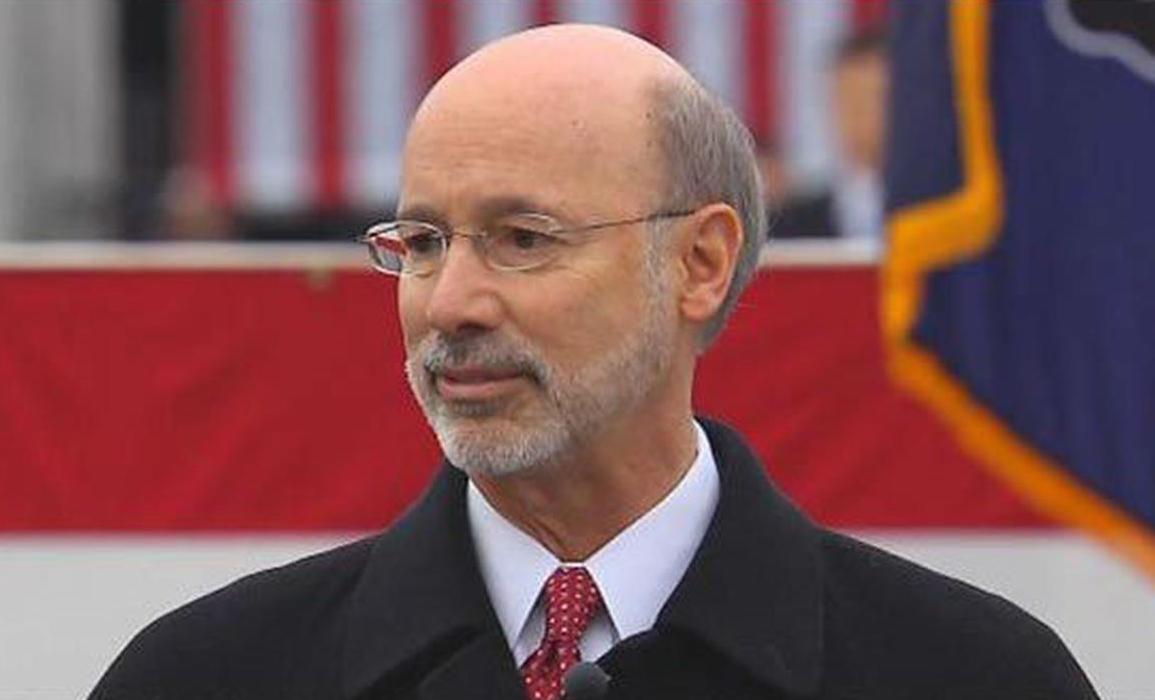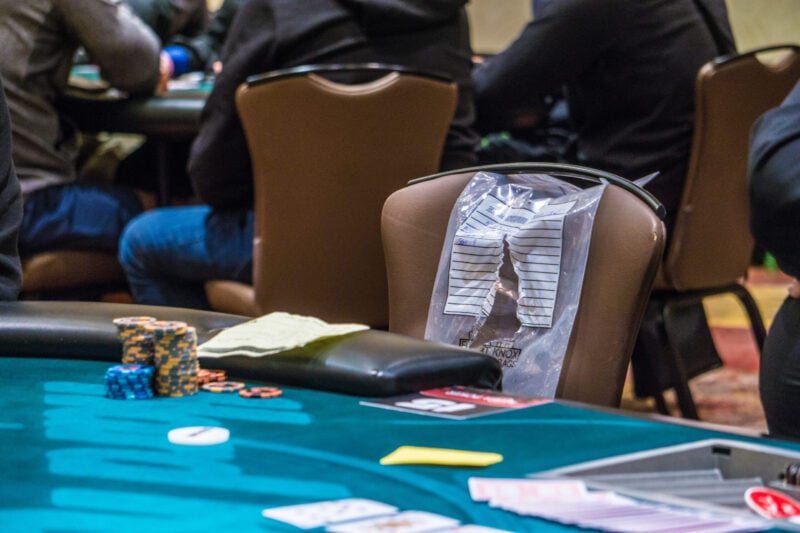On a big news day around the country, Pennsylvania Gov. Tom Wolf signed a bill that legalizes online gambling, making it official that his state will soon become the fourth in the country to have licensed and regulated internet poker sites.

On Thursday, Pennsylvania’s House voted 109-72 in favor of a massive gambling expansion bill that included legalization of online casino gambling as well as internet poker and daily fantasy sports. With the governor’s signature, poker players in the Keystone State breathed a sigh of relief that this excitement was not going to turn out to be another frustrating letdown.
It’s been a lengthy wait for poker players in Pennsylvania, and a hard-fought battle by lawmakers in the House and Senate who were met by strong opposition.
In January 2016, optimism that a similar bill would pass was high. But in rolled clouds of pessimism later that year when lawmakers were unable to agree on how impactful the proposed measure would be on the economy.
What This Means for Poker
Pennsylvania joins New Jersey, Delaware, and Nevada as the only states in the US with legalized online gambling. Those three states recently agreed to a shared liquidity deal that will allow interstate player pool sharing for the first time. It’s premature to know Pennsylvania’s position on the matter.
But the two changes occurring so close together are steps in a positive direction for people who dream of big tournaments and regular action at all stakes readily available.
Online poker options have been limited in the US since April 2011. Since then, only four states have passed legislation, with what appears to be little hope for another state to hop on board soon.
But, perhaps, Pennsylvania’s decision to legalize online poker will cause a domino effect, with additional states soon hopping on the bandwagon. Other states with legislation related to internet gambling moving through various stages of the lawmaking process New York, California, and Illinois, three of the largest states in the country.
More Than Just Poker
The Gaming Act of 2017 will permit the state’s 12 land-based casino operators to apply for a license to offer online poker games. But there is more to the bill, including daily fantasy sports regulation and a plan to enact sports betting laws should it become legal at the federal level.
Gambling operators will be charged a $10 million licensing fee for the rights to offer table games, slots, and poker, or $4 million each.
Slot machine revenues will be taxed at a 54 percent rate, the same as land-based casinos. Online poker and table games will be taxed at 16 percent of gross gaming revenue.
Additionally, Pennsylvania’s new gambling law permits truck stops in the state to install video gaming machines.
Sheldon Adelson, meanwhile, has is in the process of selling his highly successful Sands Bethlehem casino.


